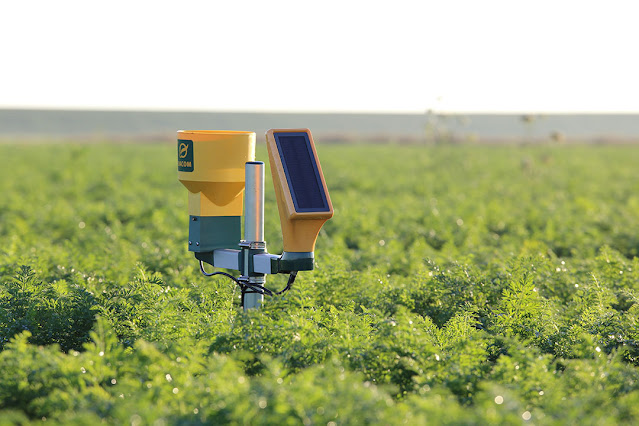Introduction:
When envisioning agriculture, our minds often conjure images of expansive fields and traditional farming practices. Meanwhile, the realm of artificial intelligence (AI) evokes thoughts of cutting-edge technologies like facial recognition and self-driving cars. However, the synergy of agriculture and AI has birthed a remarkable transformation in the farming landscape. At the forefront of this revolution is ZERO, a company digitizing the agricultural edge to propel vertical farming into a more profitable, sustainable, and scalable future.
Unveiling the Impact of Digital Transformation:
At the heart of this technological evolution is a profound impact on agriculture, empowering agronomists and food scientists to reshape traditional farming methods. The marriage of AI and agriculture has ushered in an era of increased yields, optimized supply chains, and a transformative shift in the age-old practices of farming.
A Conversation with Daniele Modesto, CEO of ZERO: During Dell Technologies World, I had the privilege of conversing with Daniele Modesto, the CEO of ZERO, to delve into the latest innovations shaping the future of farming. ZERO, founded in 2015, embarked on a mission to address a critical question: why has the revolutionary concept of vertical farms not achieved widespread success?
Overcoming Sustainability Challenges at the Edge: Modesto identified sustainability roadblocks hindering the adoption of vertical farms, despite their potential to combat global food shortages. The high costs and logistical complexities of establishing and scaling vertical farms posed significant challenges. ZERO's visionary response was to create a new model for vertical farming, making it financially and environmentally sustainable for commercial enterprises. The company's goal is to enable farms to operate anywhere, irrespective of specific location requirements, extreme temperatures, or environmental concerns.
Utilizing Dell Edge Solutions: Modesto revealed that ZERO leverages Dell edge solutions to manage the self-sufficient world of a vertical farm. By reinventing technology with a holistic view to improve metrics related to capital expenditure, operational expenditure, and construction time, ZERO collaborates with Dell Technologies to establish a robust technology infrastructure. The company utilizes Dell PowerEdge servers at the edge for data preprocessing and machine learning algorithms, ensuring critical processes continue even during connectivity loss with the central data center.
AI for Sustainability Optimization: ZERO integrates environmental sustainability into its solutions, highlighting the inherent sustainability of indoor farming practices. Through the use of locally produced renewable energy sources and AI at the edge, the company optimizes systems to enhance financial performance. AI enables predictive maintenance algorithms, energy use optimization, and processing at the edge, reducing the energy required to transfer data between the edge, data center, and cloud.
The Broader Vision: Beyond economic and environmental sustainability in food production, ZERO's vision extends to diverse applications. Modesto envisions leveraging best practices from vertical farming, genetics, synthetic biology, and materials sciences to creatively apply them to biopharmaceuticals, biomaterials, and nutraceuticals. With Dell Technologies as a partner, ZERO aims to develop tailored IT solutions, combining traditional and cutting-edge technologies to establish a future farming platform that benefits generations to come.
Conclusion: The convergence of agriculture and AI, exemplified by ZERO's innovative approach to vertical farming, signals a paradigm shift in the farming landscape. As technology continues to drive sustainable practices and scalability, the future of farming looks promising, laying the groundwork for a new tradition that will benefit both current and future generations.

Comments
Post a Comment